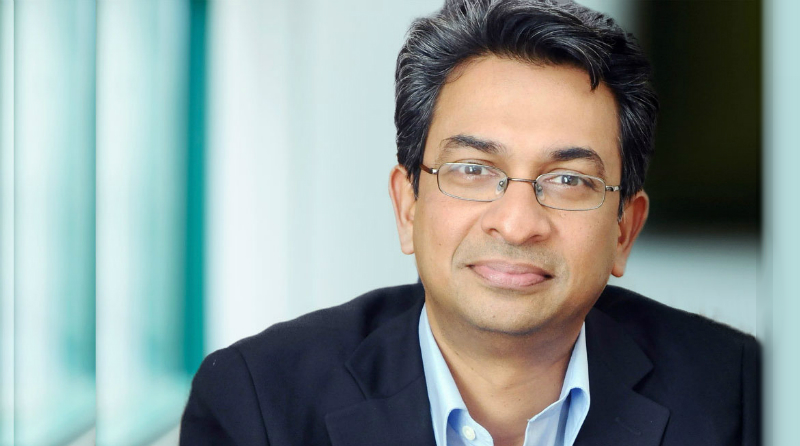In an exclusive interview with Ashutosh Asthana, Assistant Editor, Thinking Aloud, Dr. D. C. Katoch, Joint Advisor, Department of The Ministry of Ayurveda, Yoga and Naturopathy, Unani, Siddha and Homoeopathy, speaks about the future and challenges of Ayurveda sector in India.
TA: How is the government promoting Ayurveda?
DK: Ayurveda is an officially recognized system of medicine in our country and the government has provided a lot of policy support for this system. The government has set up Ayurveda institutions, educational institutions, research institutions, healthcare institutions and with that, the people are availing the benefits of Ayurveda and this network of ayurvedic institutions is growing day by day and year on year.
TA: What is the major challenge do you see in the growth of Ayurveda in India?
DK: CSIR is a government body and under that body specific dedicated institute, AYUSH Genomics has been set up. The scientists are working on the concept that they have developed for last many years. They are researching on different kind of populations, different disease conditions etc. Similar kind of work is also being done by our research council in AYUSH. The major challenge is using the technology to imbibe the real ayurvedic innovations written in our literature and make it applicable to the population.
People know that there are limitations of conventional medicines so as an alternative, they are making use of Ayurveda. I see a bright future of Ayurveda sector in India.
TA: What research is being done by AYUSH in the Ayurveda sector?
DK: Research means to create an evidence that a particular product or a practice is of quality, efficient and safe. The approach of Ayurveda is individualized. So, we take into consideration, not only the illness of the patient but also the patient himself. We try to understand what is the basic nature of the patient like the body-mind constituent and many times, the treatment has to be planned in accordance with the nature of the patient. So the research is happening efficiently. We have Centre Council for Research in Ayurveda and they have around 32 centers across the country. Every center has a different role to play, some are working on fundamental research, some are working on the clinical research, some are working on drug research. The research work on different aspect of Ayurveda will take some time to know every aspect of Ayurveda. Ayurveda doesn't deal with drug only, it is a complete package.
TA: How do you see the future of Ayurveda sector in India?
DK: Demand for homeopathy or Ayurveda is increasing every day. Every year 5-10 new ayurvedic institutions are coming up in India. Many other countries have also approached Government of India to have a MoU to start cooperation in the area of traditional medicine or in Ayurveda. We have setup AYUSH Chairs in certain foreign universities like the University of West Indies, a University in Moscow. At the international level, a lot of research is being done in the field of Ayurveda.
Talking specifically about the future, people's perception of this field of medicine has to be changed. People know that there are limitations of conventional medicines so as an alternative, they are making use of Ayurveda and once people will understand the benefits of Ayurveda, they will promote it as well. Now as we have a dedicated ministry for Ayurveda, we feel that in next 5 years, things will change.





